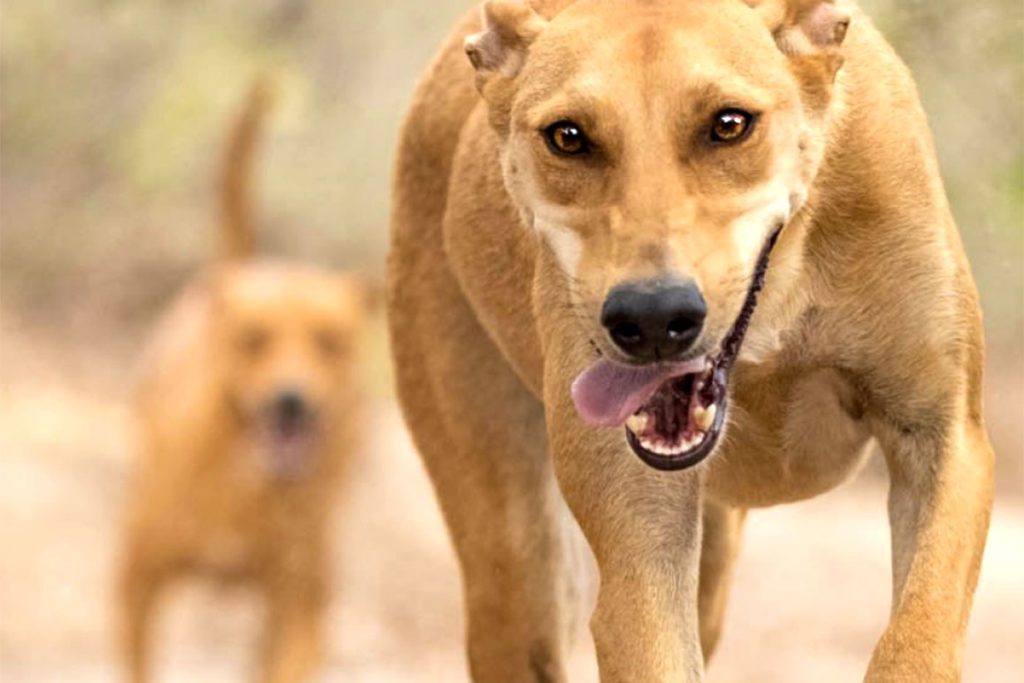

USEFUL INFO
ABOUT
Zimbabwe offers a diverse range of nature-based tourism attractions, from the iconic Victoria Falls to the vast Hwange National Park. The country’s national parks and reserves are home to a wide variety of wildlife, including elephants, lions, leopards, and buffalo.
Visitors can also explore the Matobo Hills, a UNESCO World Heritage Site known for its ancient rock paintings and unique geological formations. Zimbabwe’s Zambezi River offers opportunities for white-water rafting, fishing, and houseboat cruises.
The country’s diverse landscapes, ranging from savannas and forests to mountains and wetlands, make it a popular destination for nature lovers and adventure seekers.
Capital Cities: Harare is the capital city, while Bulawayo is the second-largest city.
Official languages: English is the official language.
Population: Approximately 16.5 million (2023 estimate)
Dialing code: +263.
BANKING & CURRENCY
BANKING
- The Reserve Bank of Zimbabwe is the central bank.
- Most major credit cards are accepted, including Visa, Mastercard, and American Express.
- Banking hours are typically Monday to Friday from 9 AM to 3 PM.
CURRENCY:
- Local currency: The Zimbabwean Dollar (Z$) was the official currency from 1980 to 2009. From April 5, 2024, the Reserve Bank of Zimbabwe issued a new gold-backed currency called the ZiG, or Zimbabwe Gold.
- ISO code: ZWG
- Currency Subunit: cent (1⁄100 of a ZiG).
- Banknote units: 10, 20, 50, 100, and 200 ZiG
- Coin units: ZiG1⁄10, ZiG1⁄4, ZiG1⁄2, ZiG1, ZiG2, ZiG5.
- Currently, the United States Dollar (USD) is still used for around 85% of transactions.
TRAVEL, TRANSPORT & GETTING AROUND
AIR
- Harare International Airport is the main international airport.
- There are domestic flights between major cities.
- Inbound / Outbound Airlines: Search for flights here.
ROAD
- Roads are generally in good condition, especially in urban areas.
- Driving is on the left-hand side.
BUS & RAIL
- The National Railways of Zimbabwe (NRZ) operates passenger trains on certain routes and connects major cities such as Harare, Bulawayo, and Mutare.
- The state owned NRZ also provides commuter (intra-city) and Inter-city passenger transport.
WATER
- There are no major waterways for passenger transport.
- Houseboats for leisure excursions can be hired on large lakes and rivers.
FOOD & DRINK
Food and water safety:
- Drink bottled water and avoid tap water.
- Be cautious when eating street food.
Local cuisine:
- Zimbabwean cuisine is influenced by African, European, and Asian flavors.
- Popular dishes include sadza (a maize meal porridge), meat stews, and vegetables.
Local Drinks:
- Traditional drinks include maheu (a fermented maize drink) and chibuku (a sorghum beer).
- Imported alcoholic beverages are widely available.
Tipping:
- Tipping is common in restaurants, hotels, and tour guides.
- A 10-15% tip is customary.
SEASONS, WEATHER & BEST TIME TO VISIT
Seasons:
Zimbabwe has two main seasons:
- Dry season from April to October
- Rainy or Wet season from November to March.
Climate and Weather:
- The climate is subtropical with hot summers and mild winters.
- The dry season is generally pleasant with warm days and cool nights.
Best time to visit:
The dry season (April to October) is the best time to visit, with comfortable temperatures and fewer rains.
CLOTHING & DRESS
Summer Clothing:
- Light, loose-fitting clothing made from natural fibers is ideal.
- Hats and sunscreen are essential.
Winter Clothing:
Warm clothing is needed during the winter months (June to August).
General:
Modest dress is generally appreciated in Zimbabwe.
INTERNET, ELECTRICAL & PLUG STANDARDS
Internet Availability:
- Internet access is available in major cities and tourist areas.
- Mobile internet is also widely available.
Electricity and Plug Standards:
- The standard voltage is 220 volts.
- Three-pin plugs with round pins are commonly used.
EXPLORE OUR ZIMBABWE TRIP EXPERIENCES
Currently, Naturecrazi also offers 1 Planet orientated trip in our Volunteers section (click the link to view programs).


